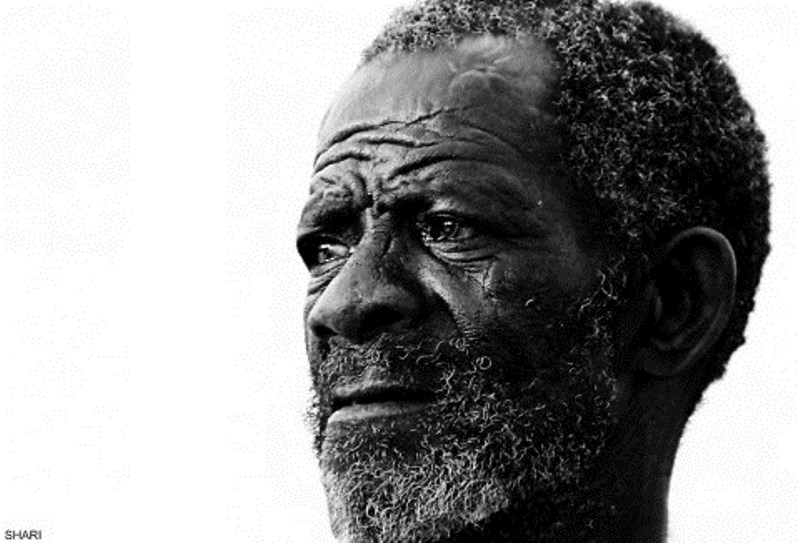
Fears of growing old may cause earlier death, UN says

Are you afraid of growing old? Well, you might consider stopping because being afraid of growing old may shorten your life, UN health agency said on Thursday as new data highlighted the widespread prevalence of ageist attitudes worldwide.
In a first-of-its-kind survey released by the World Health Organization, 60 percent of respondents said they believed older people “were not respected.”
In richer countries, attitudes towards older people were more negative, according to the data from more than 83,000 respondents, who were 18 years of age and older in 57 countries.
The data confirms “that ageism is extremely common,” said John Beard, WHO’s head of Ageing and Life Course.
Beard warned that discriminatory and negative views about older people can have sweeping consequences.
“There is very good evidence that people who have negative views of themselves as they grow older… it shortens their lives,” he told reporters.
WHO cited recently published research indicating that “people who hold negative views about their own ageing, do not recover as well from disability and live on average 7.5 years less than people with positive attitudes.”
The health organization does not define the group of people victimised by ageism.
Such discrimination could be directed at a 50-year-old seeking a new job, or a 65-year-old facing mandatory retirement but who remains a productive employee.
The WHO official also came out against compulsory, age-defined policies like mandatory retirement, describing them as “problematic”.
There are currently an estimated 600 million people worldwide over the age of 60, a figure set to double by 2025 and hit two billion by 2050, according to WHO.
Because the survey released Thursday was the first set of global data on ageism, WHO officials said it was difficult to track how attitudes had shifted over time, but added there was some evidence that ageism was on the rise.






